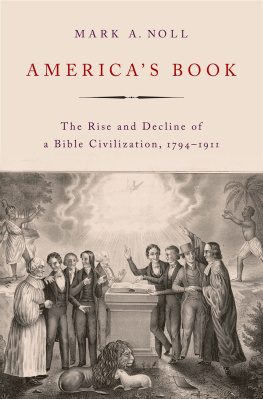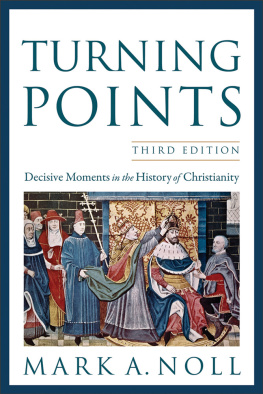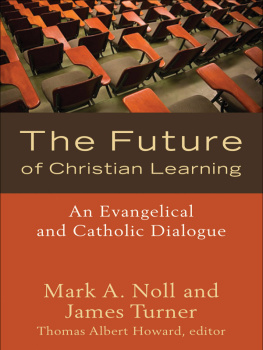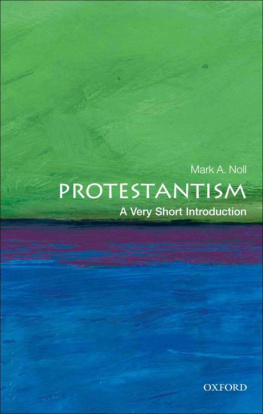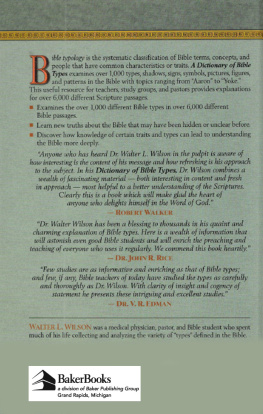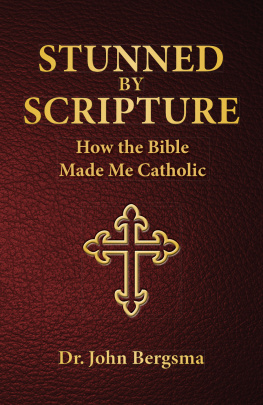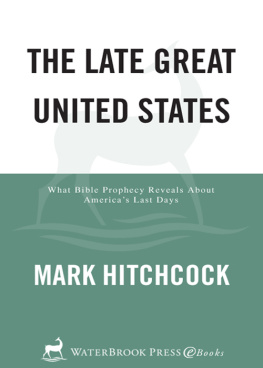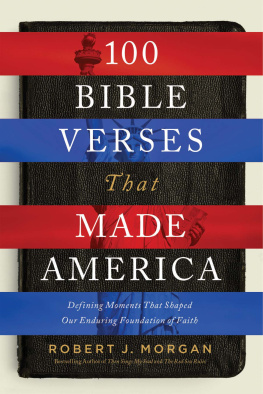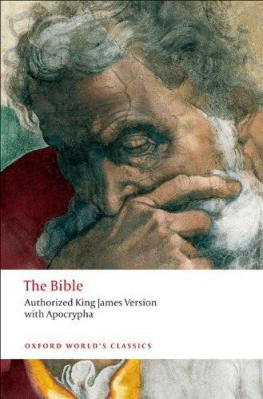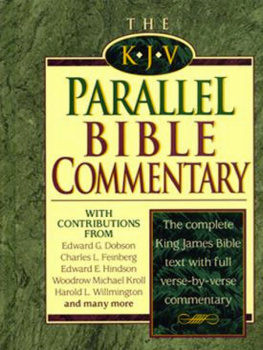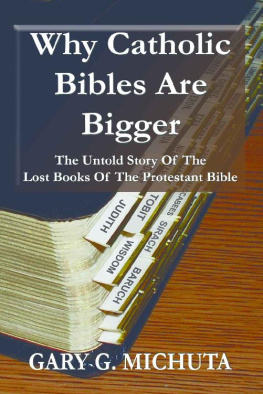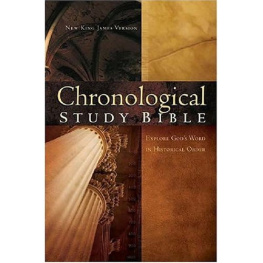Americas Book

Oxford University Press is a department of the University of Oxford. It furthers the Universitys objective of excellence in research, scholarship, and education by publishing worldwide. Oxford is a registered trade mark of Oxford University Press in the UK and certain other countries.
Published in the United States of America by Oxford University Press
198 Madison Avenue, New York, NY 10016, United States of America.
Oxford University Press 2022
All rights reserved. No part of this publication may be reproduced, stored in a retrieval system, or transmitted, in any form or by any means, without the prior permission in writing of Oxford University Press, or as expressly permitted by law, by license, or under terms agreed with the appropriate reproduction rights organization. Inquiries concerning reproduction outside the scope of the above should be sent to the Rights Department, Oxford University Press, at the address above.
You must not circulate this work in any other form and you must impose this same condition on any acquirer.
Library of Congress Control Number: 2021051250
ISBN 9780197623466
eISBN 9780197623480
DOI: 10.1093/oso/9780197623466.001.0001
To
John McGreevy, Tom Noble, Jim Turner, and Patrick Griffin
and to
Cynthia Read
Contents
| ABCFM | American Board of Commissioners for Foreign Missions |
| ABS | American Bible Society |
| AMA | American Missionary Association |
| AME | African Methodist Episcopal Church |
| ASSU | American Sunday School Union |
| ARV | American Revised Version |
| ATS | American Tract Society |
| BFBS | British and Foreign Bible Society |
| ERV | English Revised Version |
| KJV | King James Version |
| LOC | Library of Congress |
| PCUS | Presbyterian Church in the United States (southern) |
| PCUSA | Presbyterian Church in the United States of America (northern) |
| Gen | Genesis |
| Ex | Exodus |
| Lev | Leviticus |
| Num | Numbers |
| Deut | Deuteronomy |
| Josh | Joshua |
| Judg | Judges |
| 1&2 Sam | 1&2 Samuel |
| 1&2 Chr | 1&2 Chronicles |
| Ps/Pss | Psalms |
| Prov | Proverbs |
| Cant | Canticles (Song of Solomon) |
| Eccl | Ecclesiastes |
| Isa | Isaiah |
| Jer | Jeremiah |
| Lam | Lamentations |
| Ezek | Ezekiel |
| Dan | Daniel |
| Mi | Micah |
| Hab | Habakkuk |
| Mal | Malachi |
| Zech | Zechariah |
| Matt | Matthew |
| Mk | Mark |
| Lk | Luke |
| Jn | John |
| Rom | Romans |
| 1&2 Cor | 1&2 Corinthians |
| Gal | Galatians |
| Eph | Ephesians |
| Phil | Philippians |
| Col | Colossians |
| 1&2 Thess | 1&2 Thessalonians |
| 1&2 Tim | 1&2 Timothy |
| Phlm | Philemon |
| Heb | Hebrews |
| Jas | James |
| 1&2 Pet | 1&2 Peter |
| 1&2&3 Jn | 1&2&3 John |
| Rev | Revelation |
In contrast to the consolation President Bush hoped to draw from Scripture, partisanship has often accompanied the Bibles recent appearance in American public life. As an example, President Barack Obama was the main speaker in Washington on February 2, 2012, at the sixtieth annual National Prayer Breakfast. In his address, which began with the president giving all praise and honor to God for bringing us together here today, Obama quoted or paraphrased at least ten passages from the Bible. His scriptural repertoire included a full quotation from the New International Version of 1 John 3:1718 (with its emphasis on love through action instead of just words) along with allusions echoing the wording of the King James Version and several modern translations to passages from Genesis, Leviticus, Proverbs, and Isaiah in the Old Testament and Matthew, Luke, and Romans in the New.
A more recent example of the same partisanship occurred on Monday, June 1, 2020, as peaceful protestors against police violence on unarmed Black men filled Lafayette Square on the north side of the White House. After he had the
For a subject as complicated as it is immense, the Bible in American history involves much more than Scripture and the American presidents. That connection, however, is one of the important subjects of this book, which emphasizes two aspects of a story traced from the beginning of constitutional government to the early twentieth century. First is the importance of the Bible for explaining the meaning of America; second is the importance of America for explaining the history of the Bible.
Americas Book concentrates on the complicated relationship between the course of American democracy and the book considered sacred by many Americans. From the nations beginning, citizens consistently stressed the fragility of their national experiment. How could self-government survive unless Americans acted responsibly, exercised self-discipline, honored the truth, trusted the law of the land, and respected the persons and actions of other Americans? For the period treated in these pages, many influential leaders and widespread public opinion looked to the Protestant King James Bible as providing the best possible support for the qualities of character without which the republic would fail. Even when Protestant constituencies divided and as Catholic, Jewish, and nonreligious numbers grew, the conviction remained that the nations democratic ideals somehow rested on general biblical principles.
At the same time, the nations history strongly shaped how the Bible inherited from the colonial past would be put to use. Decisive were the emergence of factional political parties, international crises like the War of 1812, regional conflict that eventually led to the Civil War, and especially controversies over slavery and race. Those events and circumstances defined the environment in which Bible believers practiced their faith, organized themselves into new American denominations, established a plethora of voluntary religious agencies, and brought their religious convictions to bear on public life. Various ways of treating the Bible affected almost every aspect of national history even as that history affected the ways Americans appropriated Scripture.
Specific issues addressed in the pages that follow reveal much about the nations course, but also much about the fate of the Bible itself.
Why did many Americans read the Bibles narratives as demonstrating Gods special attention to the United States, while disagreeing on whether the nation had been especially blessed by God or especially condemned for falling so far short of his commands?
As a particularly pressing question, how did the same Bible that shone as a beacon of hope to many Black Americans and inspired some Americans to challenge all forms of racism also support others in preaching white supremacy?

